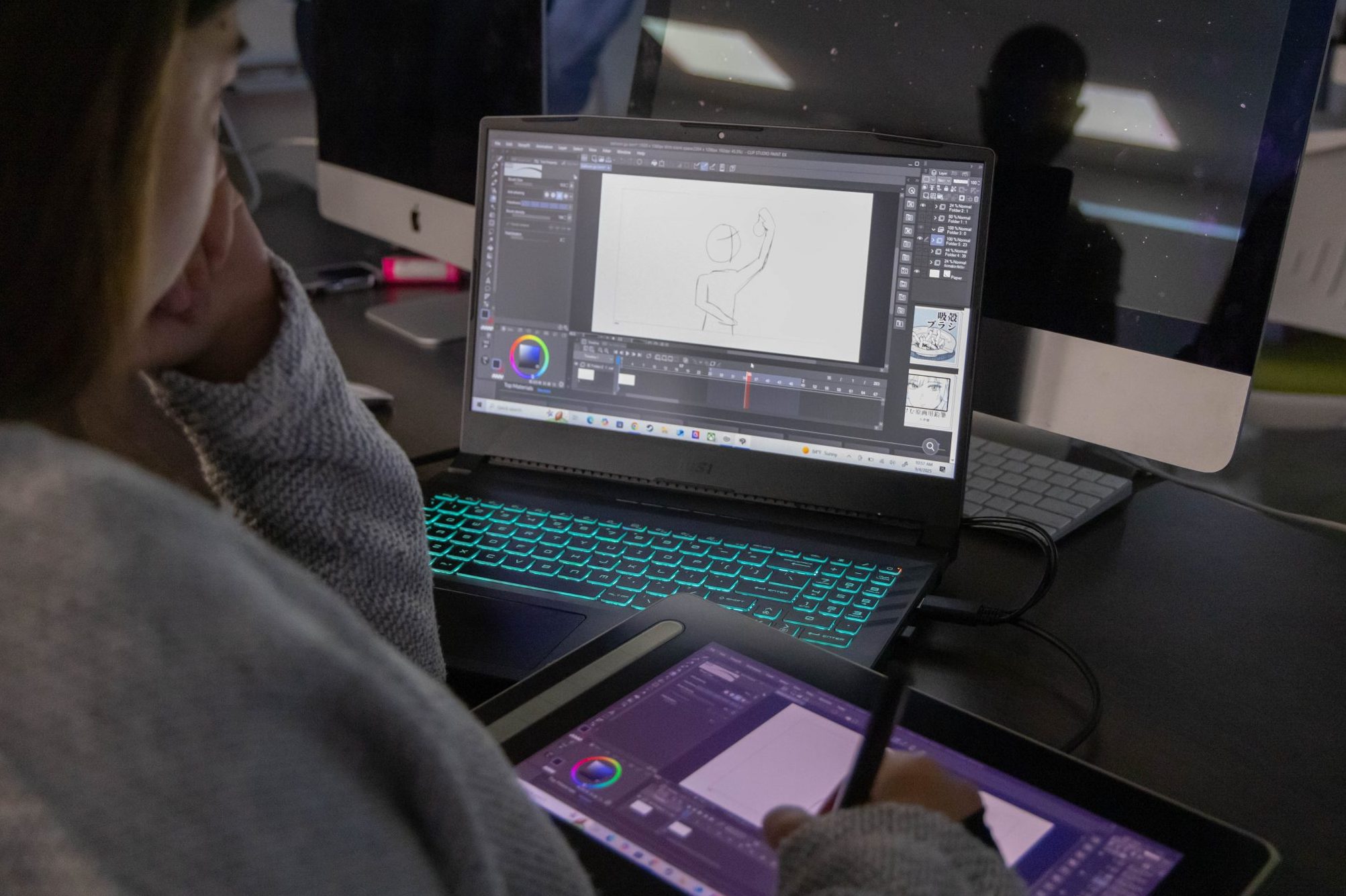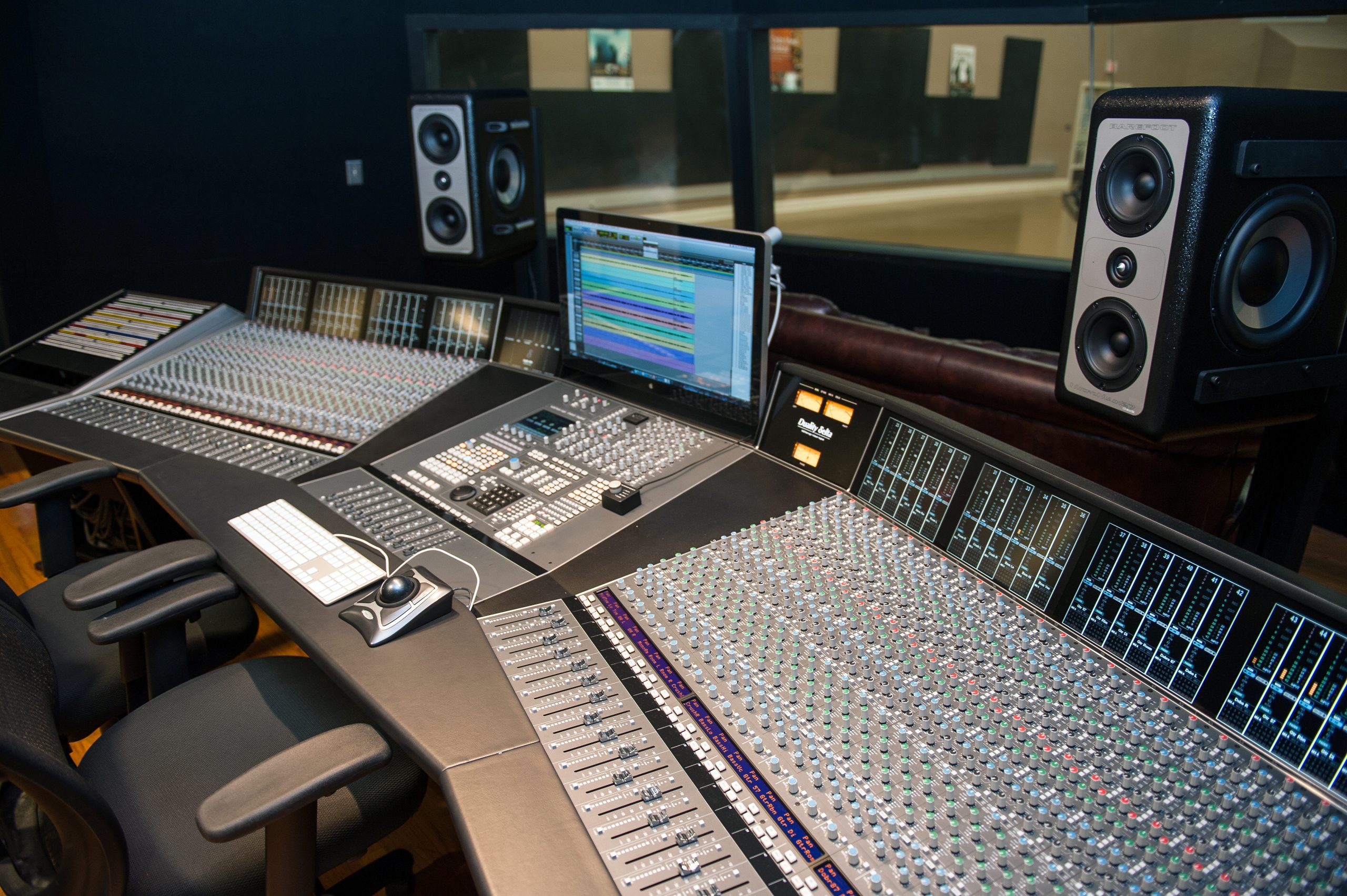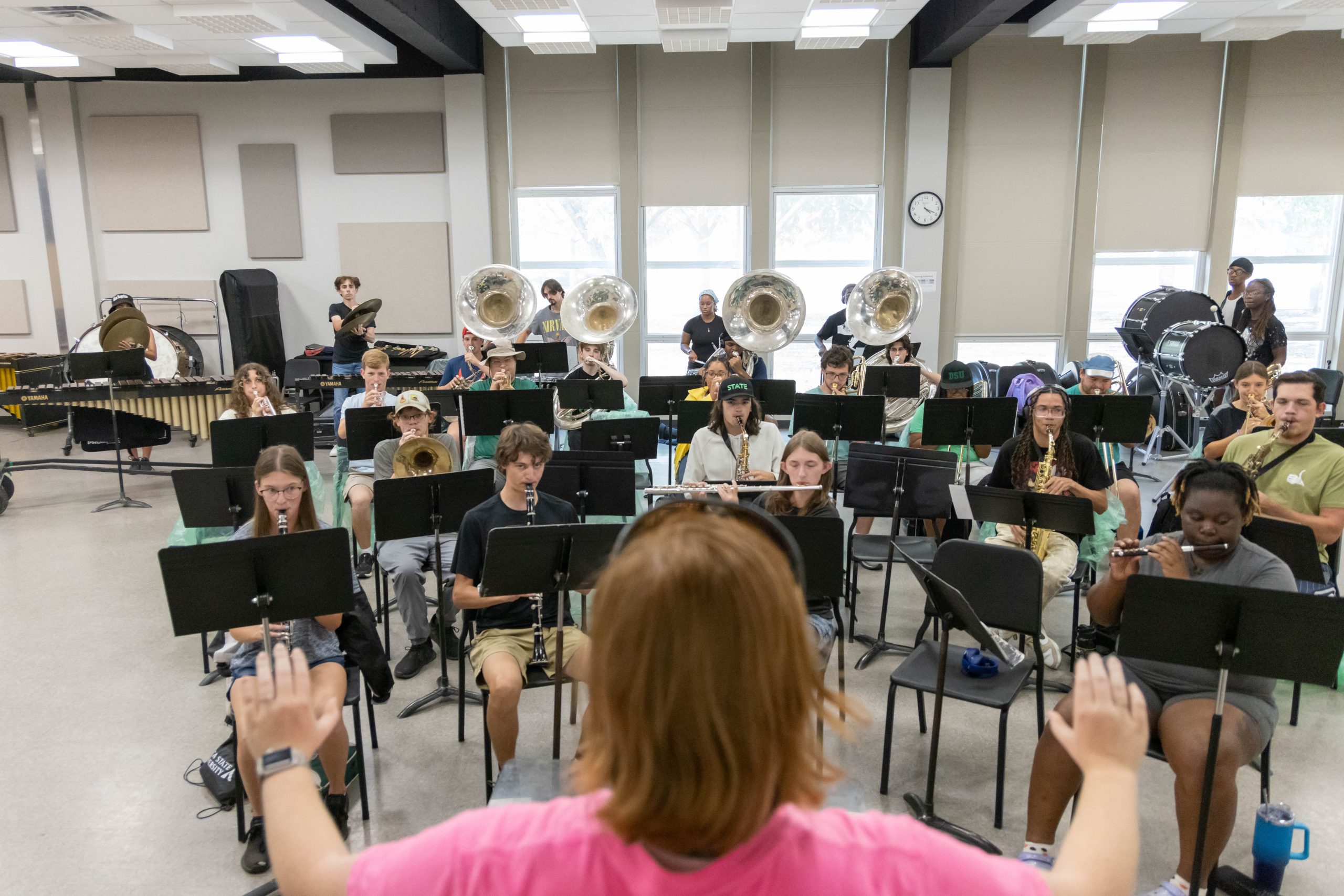The Bachelor of Applied Science in Arts Entrepreneurship at Delta State University is a dynamic interdisciplinary program that merges the arts with business, tailored for community college graduates holding 45 or more technical credits. Building on your technical expertise, it equips you with advanced skills in business, psychology, and marketing. You’ll master strategic thinking to enhance your creative pursuits — whether launching ventures, spearheading campaigns, or leading teams.
At DSU, we recognize that artists and creatives are more than makers—they are visionaries, innovators, and problem-solvers who shape the world around them. This program supports your technical foundation while grounding your growth in business, marketing, and psychology. You’ll graduate prepared to turn your creative work into sustainable, professional ventures.
For incoming freshmen without technical credits, the Bachelor of Arts (BA) in Arts Entrepreneurship provides an excellent alternative pathway.
Career and Technical Credits Count Towards B.A.S. Degree Completion
Concentrations
Capstone
Requirement
Why Choose the B.A.S. in Arts Entrepreneurship at DSU?

The B.A.S. in Arts Entrepreneurship at DSU helps you take your technical training further by connecting it with business and the arts. Instead of starting over, you’ll build on credits earned at a community college and expand your options with flexible concentrations in applied visual arts, music, entertainment industry studies, digital media, and integrated arts. With a curriculum shaped for career advancement, this program turns your technical background into a launchpad for leadership in the creative economy.
Ideal for transfer students, it transforms your foundation into a powerful competitive edge across diverse industries, preparing you to tailor your studies to your unique goals and career aspirations.
- 5 concentrations to choose from
- Art Gallery display opportunities
- Capstone requirement
- Marries business and arts with technical education
- An interdisciplinary approach
- Trade/technical credits count toward degree
Concentrations in the B.A.S. in Arts Entrepreneurship

Applied Visual Arts
The Applied Visual Arts concentration builds advanced competencies in graphic design, web design, photography, and animation, ideal for students pursuing careers in digital design or media arts. Students who complete this concentration will be able to create professional-level graphic design, web design, and animation projects; apply design thinking, branding, and media production to creative industries and entrepreneurial settings; and compile and present a professional digital portfolio aligned with industry standards.

Digital Media
The Digital Media concentration prepares students for creative careers in video production, branding, and media communications. Students who complete this concentration will be able to produce and edit digital media content, including video, branding, and mass communication materials; apply visual branding and communication strategies to support organizational goals and personal creative enterprises; and demonstrate technical and creative expertise suitable for roles in digital marketing, media production, and content creation.

Entertainment Industry Studies
The Entertainment Industry Studies concentration equips students with practical knowledge in music business, entrepreneurship, marketing, and entertainment law. Student who complete this concentration will be able to analyze and apply key principles of the music business, entertainment marketing, entrepreneurship, and copyright law; design entrepreneurial strategies to develop and promote entertainment products and careers; and manage creative projects within legal, marketing, and business frameworks of the entertainment industry.

Integrated Arts
The Integrated Arts concentration is flexible, interdisciplinary concentration that empowers students to combine artistic expression, psychological insight, strategic communication, and business acumen to innovate, lead, and thrive within the dynamic landscape of the creative economy. Students who complete this concentration will be able to synthesize knowledge from visual arts, music, digital media, and/or business fields to create interdisciplinary projects; innovate and lead within creative fields by applying broad-based creative, entrepreneurial, and communication strategies; and demonstrate versatility and adaptability in professional creative industries requiring cross-disciplinary collaboration.

Music
The Music concentration blends studies in music theory, history, education, conducting, and technology—designed for those pursuing careers in performance, teaching, production, or arts-related business ventures. Graduates of this concentration will demonstrate strong performance abilities and advanced musicianship; connect theoretical, historical, and educational concepts with modern technology in professional or entrepreneurial contexts; and create original projects using digital production tools and techniques.
What Can I Do with a B.A.S. Degree in Arts Entrepreneurship?
Graduates of the Bachelor of Applied Science in Arts Entrepreneurship are equipped for diverse careers across the creative economy—from content creation and arts management to marketing, small business development, and beyond. Whether building their own venture or contributing to an established organization, DSU students gain the knowledge, creativity, and confidence to make an impact as leaders in the arts and creative industries.
- Animator
- Arts administrator
- Arts program coordinator
- Cultural liaison
- Gallery manager
- Graphic designer
- Independent artist
- Music manager
- Musician
- Performing artist
- Photographer
- Web designer
Scholarships
At Delta State University, we understand the importance of an affordable education. While we currently do not offer scholarships specifically for our Bachelor of Applied Science in Arts Entrepreneurship program, students may be eligible for non-program specific scholarship opportunities. We also offer an affordable tuition rate with no additional fees for out-of-state students. In addition, we work closely with students to identify and apply for federal and state financial aid programs, as well as student loans and state scholarships. We are committed to providing our students with all of the tools necessary to succeed in many fields, including access to affordable education and financial support.
Program Goals
The Bachelor of Applied Science in Arts Entrepreneurship at Delta State University revolutionizes arts education by fusing creative passion with the essential knowledge, skills, and mindset for thriving as an entrepreneur. Grounded in a vibrant artistic foundation, this trailblazing program empowers students to master management, marketing, and other critical business disciplines, equipping them to dominate in the dynamic world of creative industries.
Admission Requirements
Applicants of this program must meet Delta State University’s undergraduate admission requirements.
There are no additional program admission requirements.
Curriculum
The following courses are required to complete a Bachelor of Applied Sciences concentration in Arts Entrepreneurship.
Applied Visual Arts (concentration)
| Course Number | Course Title | Credits |
| ART 325 | Graphic Design | 3 |
| ART 330 | Advanced Graphic Design | 3 |
| ART 328 | Web Design | 3 |
| ART 329 | Motion Graphics | 3 |
| ART 372 | Animation | 3 |
| TOTAL | 15 | |
Digital Media (concentration)
| Course Number | Course Title | Credits |
| ART 235 | Fundamentals of Digital Video | 3 |
| ART 334 | Intermediate Digital Video | 3 |
| ART 378 | Fundamentals of Lighting | 3 |
| COM 318 | Mass Communications | 3 |
| MKT 420 | Visual Branding Strategies | 3 |
| TOTAL | 15 | |
Entertainment Industry Studies (concentration)
| Course Number | Course Title | Credits |
| DMI 101 | Entertainment Industry Survey | 3 |
| DMI 210 | Craft of Songwriting | 3 |
| DMI 300 | Entertainment Industry Entrepreneurship | 3 |
| DMI 315 | Entertainment Product Marketing | 3 |
| DMI 415 | Entertainment Industry Copyright and Contracts | 3 |
| TOTAL | 15 | |
Integrated Arts (concentration)
| Course Number & Title | Credits | |
| Choose any course with AMU, ART, DMI, MUS prefix (prerequisites apply) | 3 | |
| TOTAL | 15 | |
Music (concentration)
| Course Number | Course Title | Credits |
| AMU 210 | Individual Performance | 3 |
| Select one of the following: AMU 210: Individual Performance (additional 3 credits); OR MUS 114: Music in American Culture; OR MUS 115: Experiencing Music; OR MUS 116: The History of Rock and Roll (not taken in general education) |
3 | |
| MUS 305 | Principles of Music Education | 3 |
| Select one of the following: MUS 310: Choral Conducting; OR MUS 311: Instrumental Conducting |
3 | |
| Select one of the following: DMI 202: Computer Audio I; OR DMI 210 Craft of Songwriting |
3 | |
| TOTAL | 15 | |
Degree Requirements
To earn this degree, you must successfully complete at least 120 credits, including your general education requirements and the major requirements below. Digital Media majors must earn a grade of C or better in all courses in their respective discipline or required by their major.
| General Education | 30-32 |
| University Requirement | 1 |
| Technical Course Transfer | 45 |
| Arts Entrepreneurship Core | 28-30 |
| Concentration | 15 |
| TOTAL DEGREE REQUIREMENTS | 120 |
For more information on degree requirements and specifics on courses needed to complete the degree, consult the Undergraduate Academic Catalog. For a semester-by-semester breakdown on how you can complete this degree in 4-years, visit academic maps.
Fees
Tuition at DSU covers the cost of classes.
Please refer to the undergraduate academic catalog for details on course-related fees.

